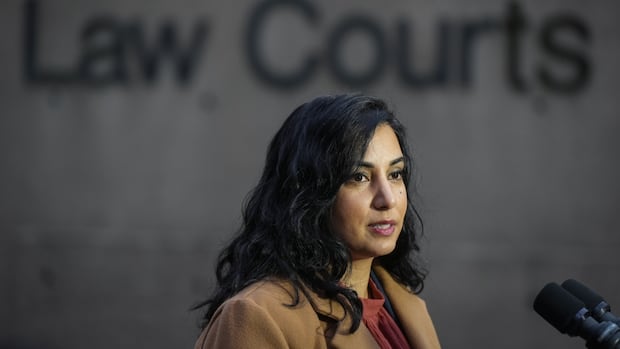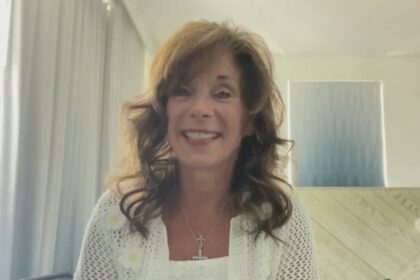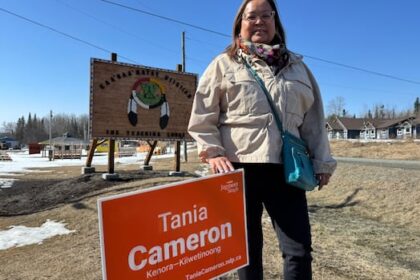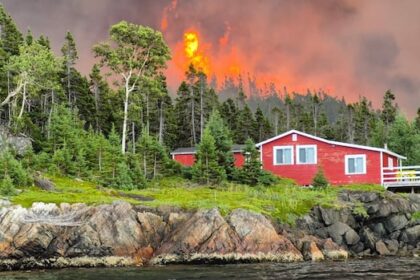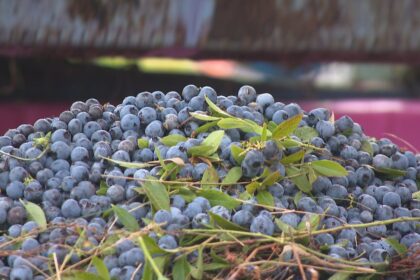British ColumbiaB.C.’s Supreme Court recently ruled in favor of the Cowichan Nation on Vancouver Island, granting Indigenous rights and title to the south arm of the Fraser River. The province is appealing the decision, and other First Nation communities connected to the Fraser River also oppose the decision.B.C.’s attorney general says she ‘strongly disagrees’ with Cowichan Nation’s rights and title decisionSantana Dreaver · CBC News · Posted: Aug 11, 2025 7:56 PM EDT | Last Updated: 3 hours agoNiki Sharma says the government ‘strongly disagrees’ with the recent B.C. Supreme Court ruling in favour of the Cowichan Tribes on Vancouver Island, and it will be appealing the decision. (Darryl Dyck/The Canadian Press)The most recent Indigenous rights and title ruling in B.C. is heading back to court after the province released a statement saying it plans to appeal the decision.The Supreme Court of B.C. ruled last week in favour of the Cowichan Nation on Vancouver Island, granting it fishing rights and Aboriginal title over a parcel of land on Lulu Island in Richmond, B.C.Justice Barbara Young ruled that the Crown’s grants of private property ownership rights over the lands “unjustifiably infringe” on Cowichan Aboriginal title, and need to be negotiated, while titles and interests in the lands held by Canada and Richmond were “defective and invalid.” Niki Sharma, B.C.’s attorney general, said in a statement that the ruling has unintended consequences for private property rights that must be looked at by a higher court. “We disagree strongly with the decision. British Columbia will be filing an appeal and seeking a stay to pause implementation until the appeal is resolved,” she said in the statement.”This case is an example of why the Province prefers to resolve land claims through negotiation — where we can protect property rights directly — rather than risk considerable uncertainty through court decisions.” Sharma says that her team is working through what grounds of appeal the province has following the initial ruling.She says that better resolutions are found by sitting down with First Nations partners, and that her colleagues will be in contact with the Cowichan Nation, which filed the case. Ancestral village site The Cowichan Tribes, the largest single First Nation in British Columbia by population, is the first named plaintiff in the case. Together with the Halalt, Lyackson, Penelakut, and Stz’uminus First Nations, the five First Nations make up the Quw’utsun (Cowichan) Nation.Cindy Daniels, chief of the Cowichan Tribes, says that the Fraser River was known as the Cowichan River before colonization, and that her people’s presence in the Salish Sea was well known and documented by early settlers in the region. Lyackson First Nation Chief Pahalicktun, left, Cowichan Tribes Chief Cindy Daniels, centre, and Premier David Eby, right, sign an incremental treaty agreement in May 2025 to transfer 312 hectares of land. (Dean Stoltz/CHEK News)”We initially tried to move this work forward through the treaty process, but there was no openness to discussing Tl’uqtinus Village lands and Aboriginal rights to fish in the Fraser River at that table, so we pursued truth and reconciliation through the courts,” she said. “While not quick, the courts remain an option for First Nations when we are not heard and our rights are ignored.” Daniels says that she is pleased with the recognition of Cowichan Nation rights and title from the province, and that the area identified by the court is still being reviewed by the nation.Indigenous opposition The historic ruling comes with backlash from other First Nations whose land base is connected to the South Fraser River, including Musqueam and Tsawwassen. In an email to CBC News, the Tsawwassen First Nation says that the nation is aware of the B.C. Supreme Court decision, and that its legal counsel is reviewing it. In a news release, the Musqueam First Nation says that “Chief and Council are deeply offended by the recent Supreme Court of British Columbia decision on Cowichan Tribes v Canada. Leadership and our entire community fundamentally disagree with the court’s decision.”The release says that Musqueam legal counsel is also reviewing the decision.ABOUT THE AUTHORSantana Dreaver is a Saulteaux and Plains Cree journalist based in Vancouver. She was raised in northern Saskatchewan and is a member of Mistawasis Nehiyawak. She has a background in political science and reports on Indigenous affairs, culture and governance.
B.C. to appeal landmark Aboriginal title ruling over Fraser River land in Metro Vancouver
